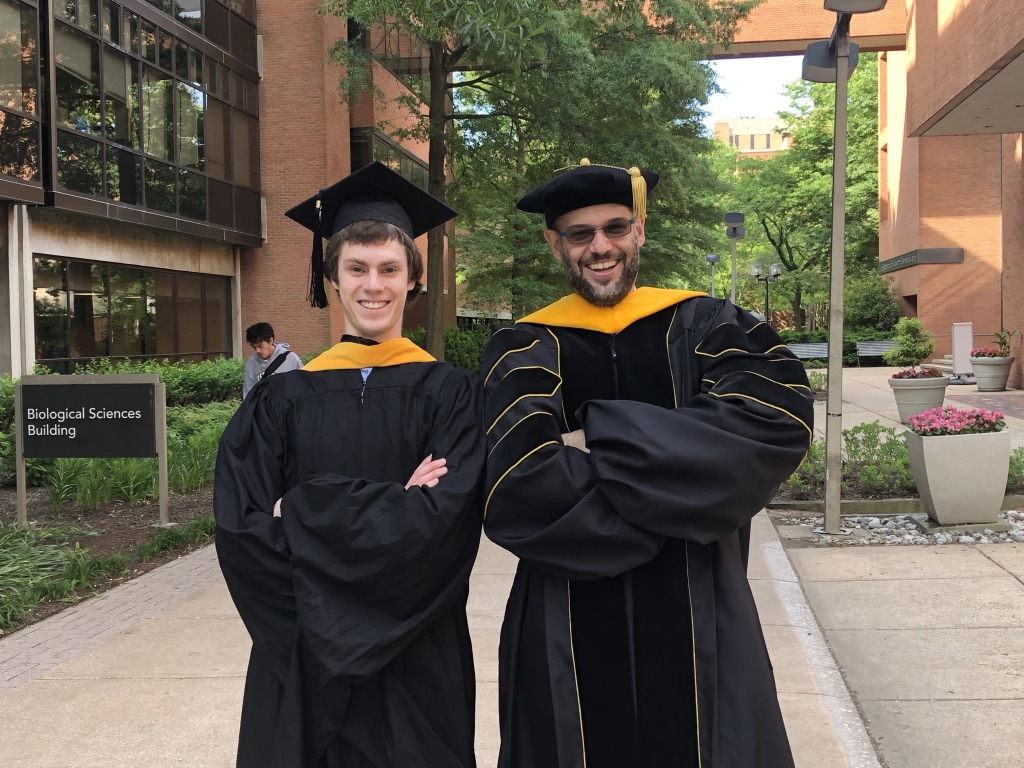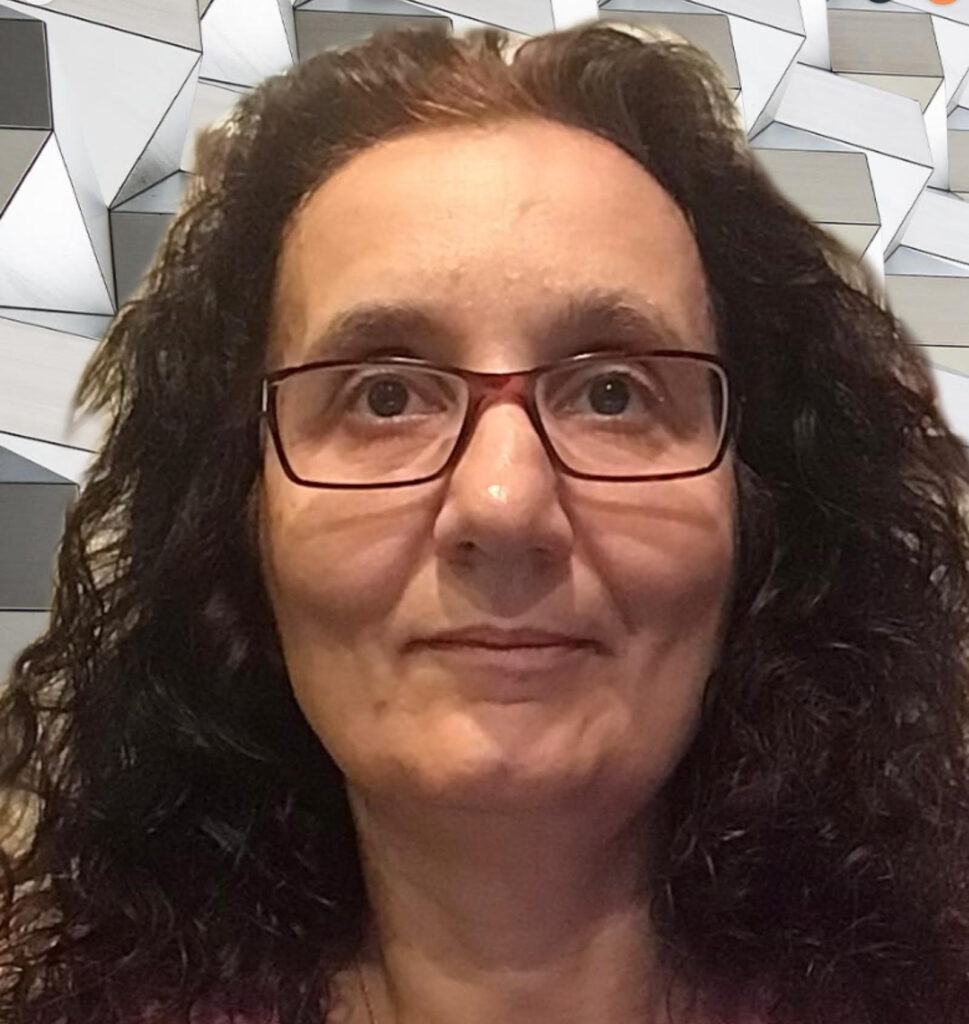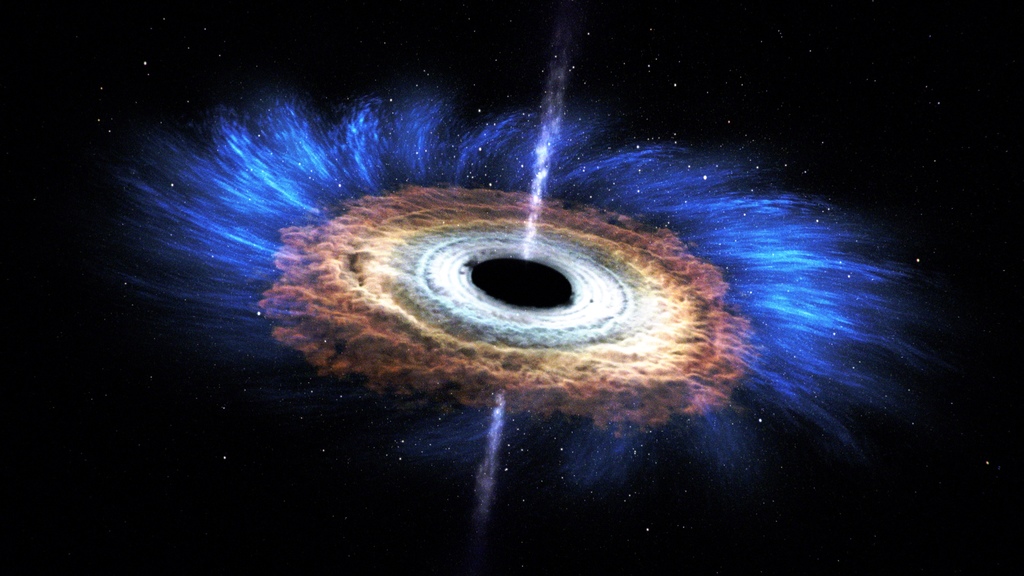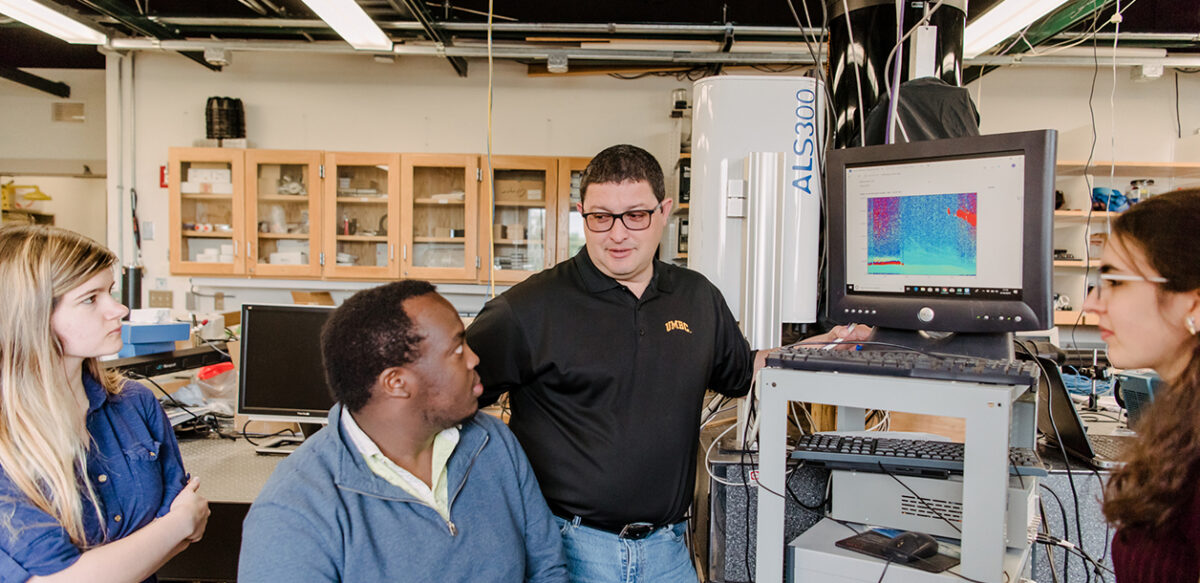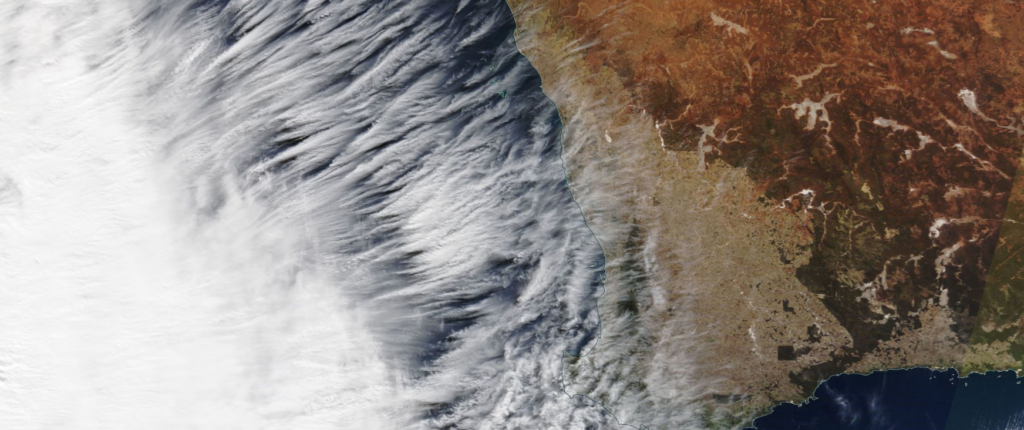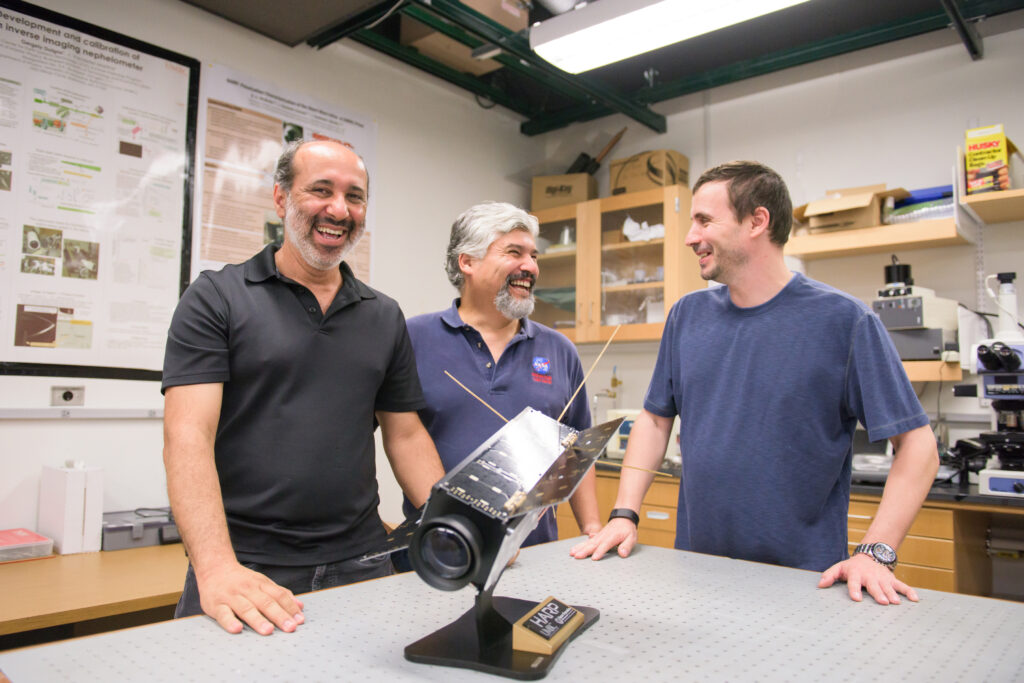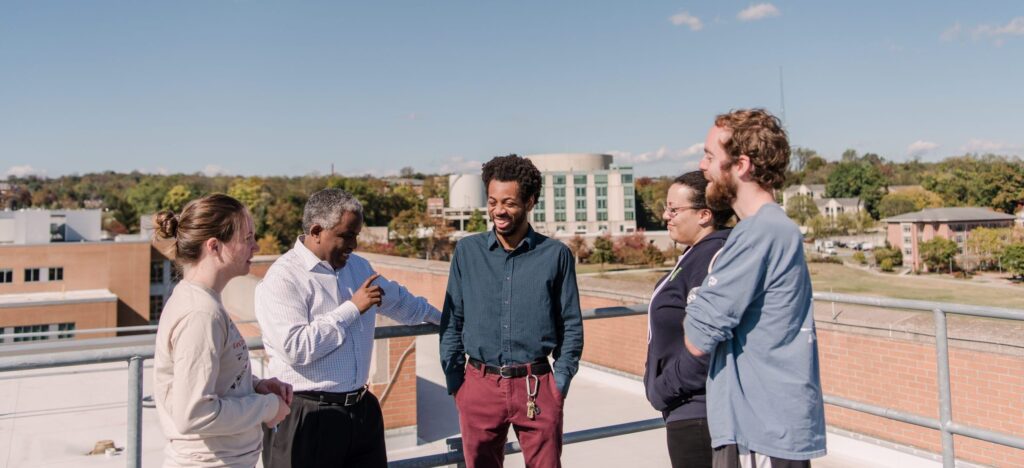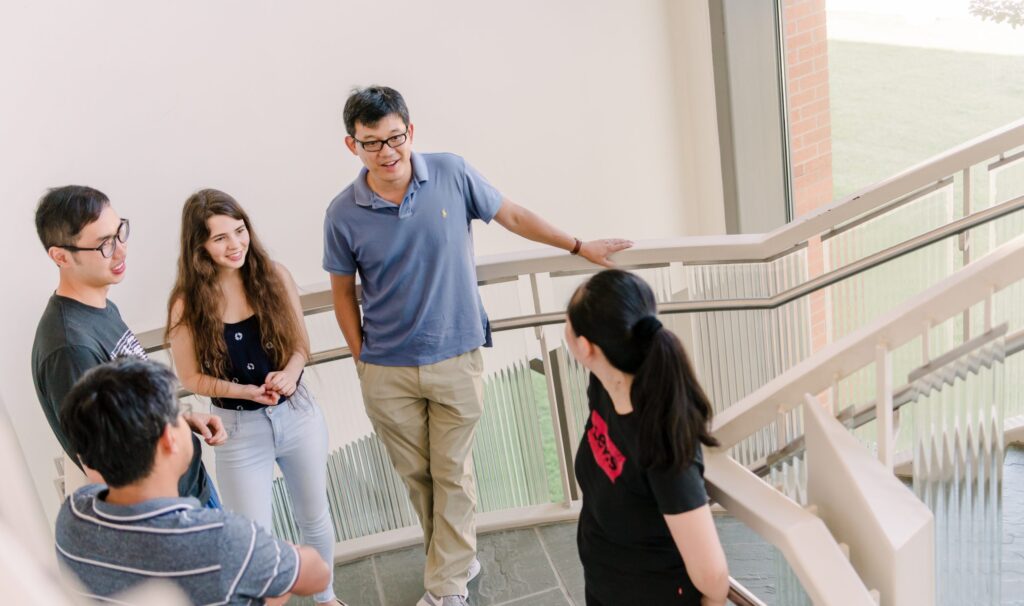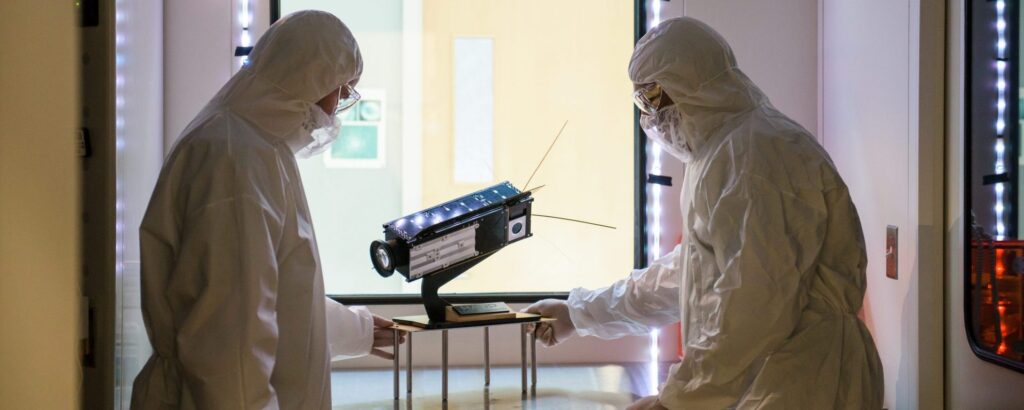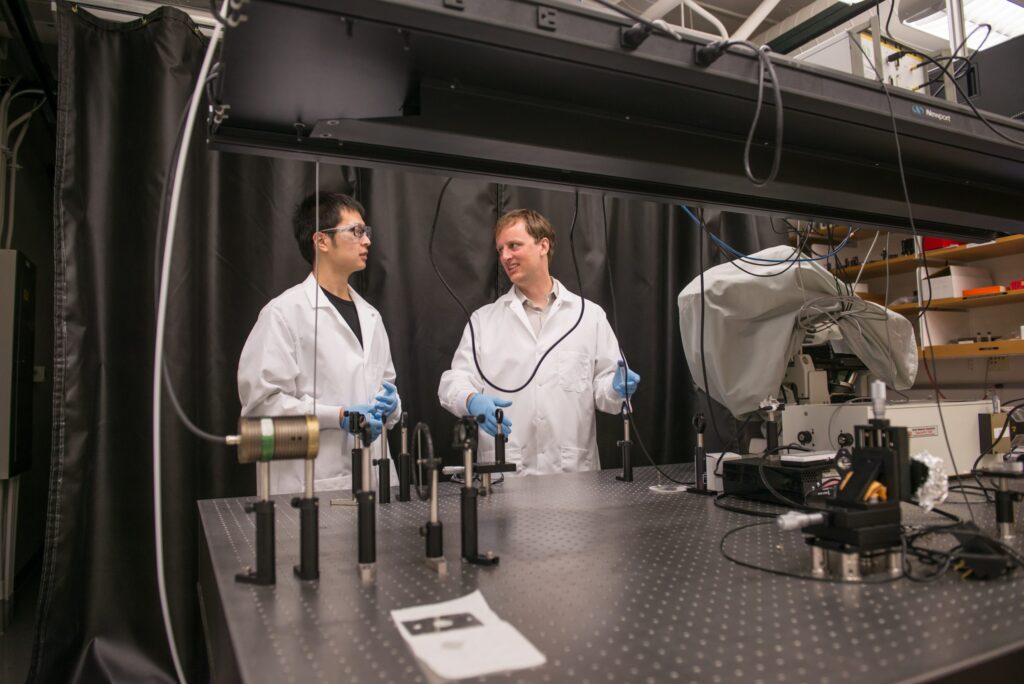UMBC receives 2020 Engaged Campus Award
“UMBC’s community-engaged activity and the people who make this activity possible give me great hope,” shares Michele Wolff, director of the Shriver Center. “Now more than ever, our community and civic engagement can help change the current narrative and move us towards a more inclusive, equitable, and just society.” Continue Reading UMBC receives 2020 Engaged Campus Award


